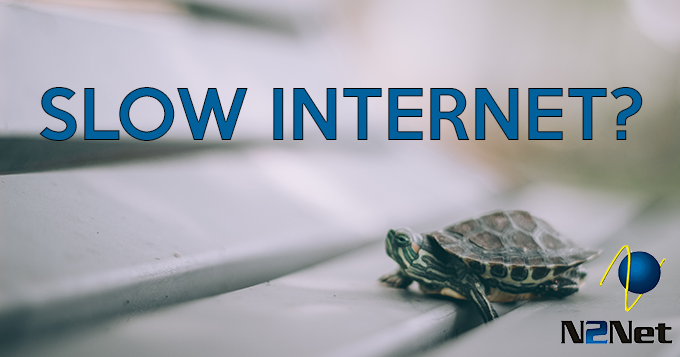Work from Home and Slow Internet
Covid-19 forced many companies into a hastily cobbled together work from home environment.

Can you relate to this?
In order to avoid the network slowdown, your employees get up early, connect to the company VPN, the connection is responsive, so they dig into their work.
An hour or so goes by, and they notice that files are taking longer to open, they begin to experience web pages taking longer to load, then without warning, their VPN connection disconnects.
Or worse still, your employees get on the web meeting, and they begin to cut out. Then they call into the conference bridge, and your team can only make out every other word. Not only does this lead to frustration for your team but results in a drop-in productivity.
Covid-19 thrust most companies into the throes of employees working remotely. In an ideal situation your company would have been able to plan to ensure the internet connections provided enough bandwidth and the firewall was able to handle the correct volume of VPN users.
What is causing this?
Think of going to a big concert or sporting event… the roads leading up to the venue are usually pretty clear and fast… until about an hour or two before the event. Then hundreds or thousands of cars show up trying to park & unload.
They could make the roads 20 lanes, but that costs too much for the 50 to 100 events a year to justify the construction costs, the same principle applies with shared internet service.
The internet is shared by hundreds or thousands of consumers and small business who are usually not all on at the same time. The cars represent the traffic on a shared road and the traffic jam is why your internet right now can be painfully slow. All the kids’ are home from school trying to squeeze in their classwork in between their online gaming, add in all the remote workers either working from home or those who are entertaining themselves with Candy Crush or Facebook.
How do you fix this?
There are solutions that can utilize your existing bandwidth and allow your business to combine a second connection. The second connection can be a cable, DSL or a wireless connection.
Here are the benefits:
- Increased bandwidth
- Internet redundancy – if one connection drops the other connection will take over
- Quality of service – important data such as voice traffic will go out the more reliable connection
How are you dealing with slow internet?
We will be sending out information during this time of “social distancing” related to a variety of topics that your business should be thinking about.
If you want to keep up on the latest information and learn more about our Work from Home Kit, follow our blog, or give us a call 216-619-2000 opt3 or email sales@n2net.com
